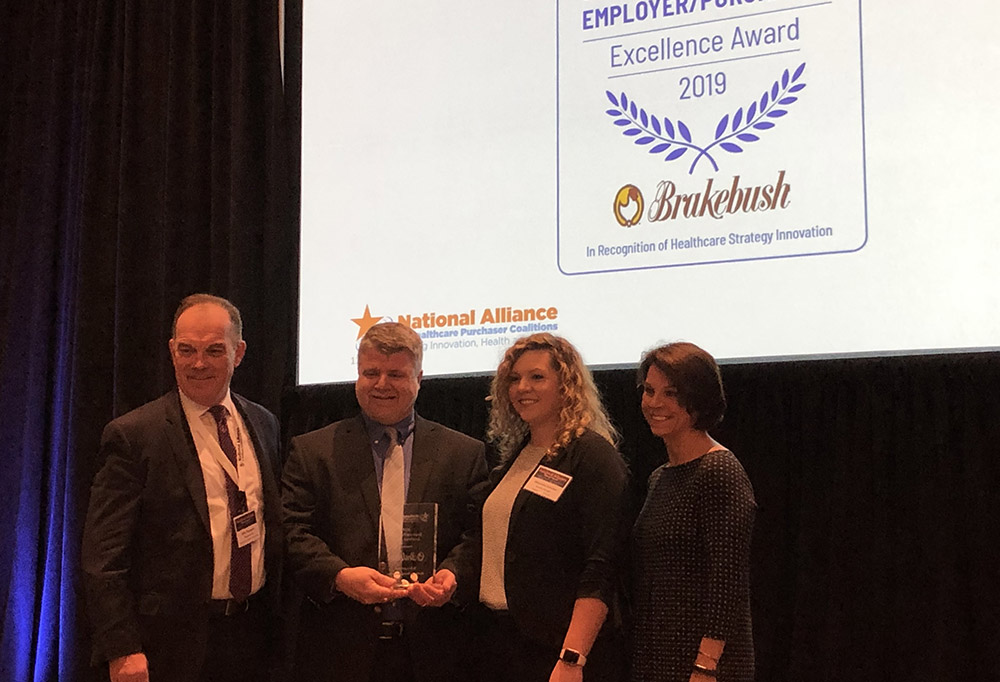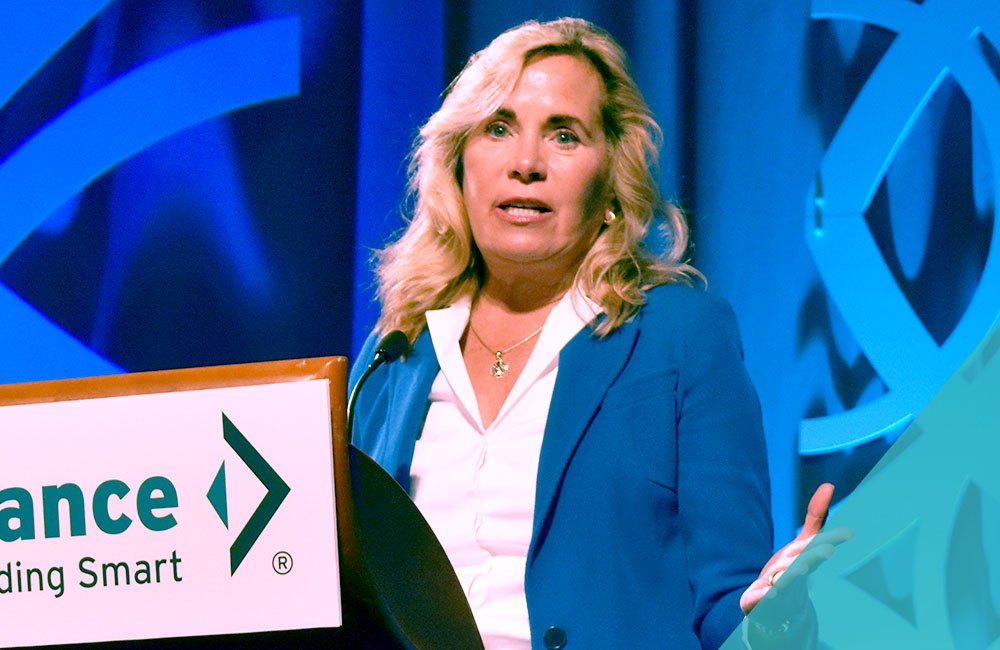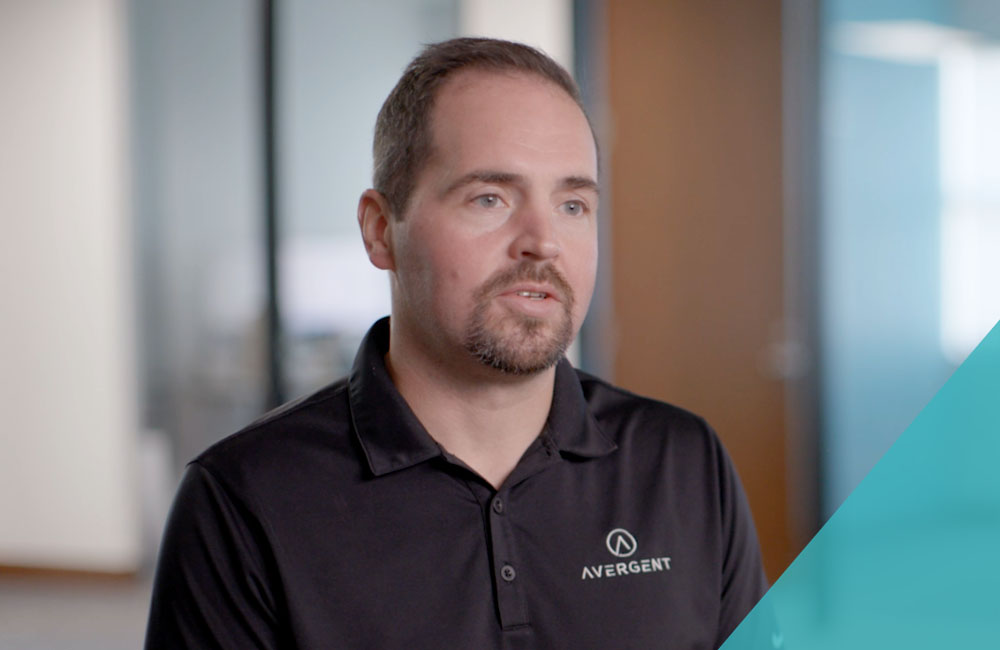
Working Together Gets Us Farther: A Recap on The National Alliance 2019 Annual Forum
One of the best things about being part of an employer cooperative is watching employers learn from and with each other. Attending the National Alliance 2019 Annual Forum took that to the next level by gathering health care purchasing coalitions together to discuss new ideas and share best practices. The National Alliance 2019 Annual Forum, held November 11 – 13 in Washington, D.C., hosted about 40 health care purchasing coalitions from across the country, along with a number of vendors and partners.
The Fight For Transparency
The biggest takeaway from the forum is that most coalitions have the same focus that The Alliance does. The four core drivers – transparency, payment reform, benefit plan design, and provider network design – were discussed throughout the three-day event. The RAND Study, in particular, was presented as a helpful tool in the fight for transparency. The coalitions that have price information around how much hospitals are paid relative to Medicare are taking it to the negotiation table to get more affordable health care. The negotiations are not just for the employers, but for their employees too since households in the bottom 20 percent of income spent 26.8 percent of their income on health care in 2016, according to Health Affairs.
Payment Reform That Fits The Bill
Payment reform was also a hot topic discussed, in particular, surprise billing. The Economic Alliance of Michigan discussed surprise billing legislation that would limit out-of-network care providers from collecting only 125 percent of what Medicare pays for care in Michigan. Hospital associations are in support of a fix for surprise billing but do not want to agree to 125 percent of Medicare, according to one article. While this is being discussed at the federal level, individual states are trying to pass legislation until a federal law can be passed to resolve the issue.
One session, which included speaker A. Mark Fendrick, MD and Director of the University of Michigan Center for Value-Based Insurance Design, explored benefit plan design to eliminate low-value care and incentivize high-value care. Frendrick said that the employer sector is the right one to figure out health care because they’ve figured to spend money more efficiently in every other area. He believes that patients should have little to no out-of-pocket cost for high-value health care. Fendrick and a multi-stakeholder task force identified overused services that could be reduced with little to no harm to patients. Those services included vitamin D screenings, PSA screenings in men 70+, diagnostic testing and imaging before low-risk surgery, and exchanging branded drugs for generic drugs when they are available. When looking at those services, The Washington Health Alliance used the Health Waste Calculator to identify over $92 million in unnecessary pre-op testing alone that could be eliminated based on the recommendations. The conclusion being that increased cost-sharing on low-value services reduces health care spend and allows for increased spend on high-value services.
Network Design Based On Value
Provider network design was also a highlight of the event as General Motors’ Sheila Savageau, U.S. health care leader for global compensation and benefits, spoke about their unique partnership with Henry Ford Health Systems. They created a narrow network with concierge services. In doing this, they have reduced employee health care costs and improved service. The integrated health care delivery system shares cost savings and pays based on value. Henry Ford needs to hit a financial budget and will be held accountable for hitting essential quality, cost, and utilization of services metrics agreed upon with General Motors. Savageau ended her session by saying, “Employers need each other to really make a difference [in health care].” And The Alliance couldn’t agree more.
To learn more about how The Alliance works with employers to make health care more affordable, contact our Business Development team. Members and their advisors who want to learn more about our four core drivers are encouraged to contact the Member Service Team. And to learn more about why our member, Brakebush Brothers, Inc., won the 2019 Employer/Purchaser Excellence Award by the National Alliance of Healthcare Purchaser Coalitions alongside The Walt Disney Company this year read the case study on how they had lower per member health benefit costs in 2018 than in 2014.








